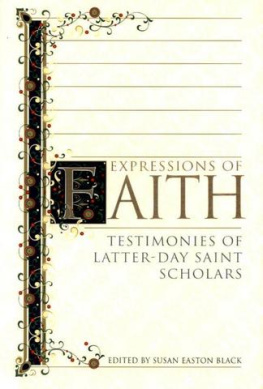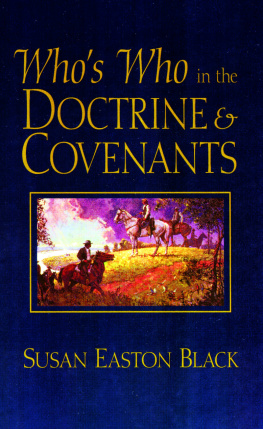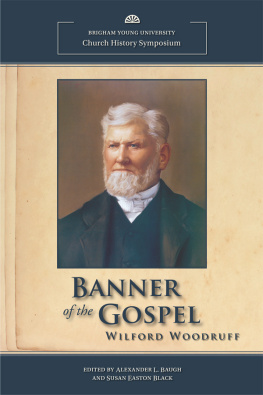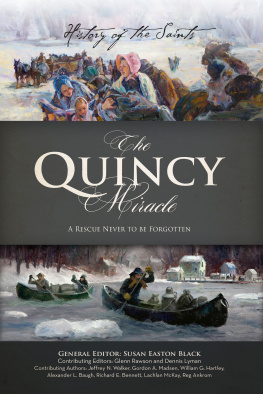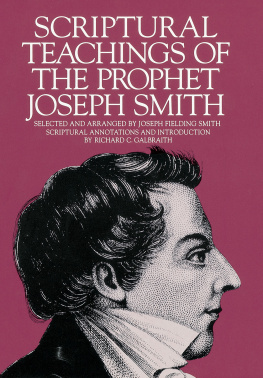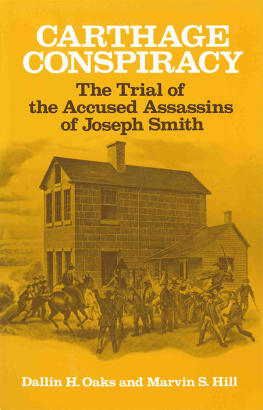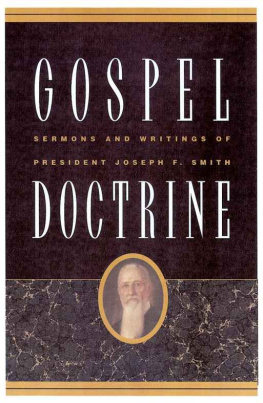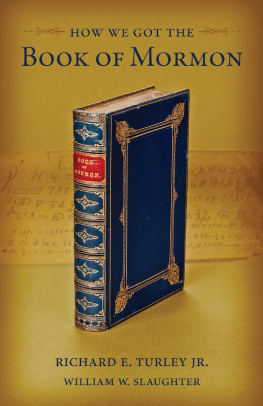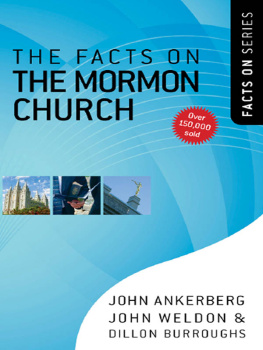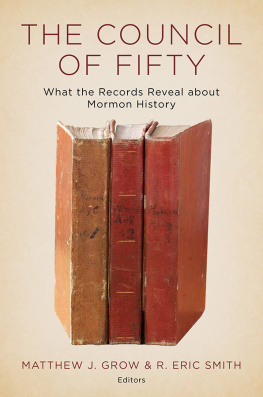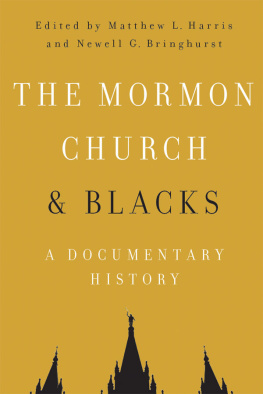Susan Easton Black - Expressions of Faith: Testimonies of Latter-Day Saint Scholars
Here you can read online Susan Easton Black - Expressions of Faith: Testimonies of Latter-Day Saint Scholars full text of the book (entire story) in english for free. Download pdf and epub, get meaning, cover and reviews about this ebook. year: 1996, publisher: Deseret Book Company, genre: Religion. Description of the work, (preface) as well as reviews are available. Best literature library LitArk.com created for fans of good reading and offers a wide selection of genres:
Romance novel
Science fiction
Adventure
Detective
Science
History
Home and family
Prose
Art
Politics
Computer
Non-fiction
Religion
Business
Children
Humor
Choose a favorite category and find really read worthwhile books. Enjoy immersion in the world of imagination, feel the emotions of the characters or learn something new for yourself, make an fascinating discovery.
- Book:Expressions of Faith: Testimonies of Latter-Day Saint Scholars
- Author:
- Publisher:Deseret Book Company
- Genre:
- Year:1996
- Rating:5 / 5
- Favourites:Add to favourites
- Your mark:
Expressions of Faith: Testimonies of Latter-Day Saint Scholars: summary, description and annotation
We offer to read an annotation, description, summary or preface (depends on what the author of the book "Expressions of Faith: Testimonies of Latter-Day Saint Scholars" wrote himself). If you haven't found the necessary information about the book — write in the comments, we will try to find it.
The Prophet Joseph Smith and the Church have always had their detractors, from within as well as without. Some are quick to express disagreement with doctrine or policy, and some seem to delight in finding fault.
In our own generation many in the news media who are drawn mindlessly to controversy have given [Mormon dissidents] new status and power, christening them Mormon intellectuals and presenting them to the world as the thinking Mormons who know the inside story about the Church. So writes Noel B. Reynolds, professor of political science at Brigham Young University, in the introductory essay in this book.
But in their rush to produce controversial news, he continues, many journalists have overlooked the obvious truththe LDS intellectual and academic communities are composed of strong believers in Joseph Smiths revelations and solid supporters of the Church leadership. Only at the fringes is there noticeable dissent.
Expressions of Faith is a collection of essays by 24 prominent Latter-day Saint scholars, wherein each bears testimony of the truthfulness of the gospel, based on his or her own experience. some share insights into scriptures or gospel principles. Some explore the relationship between learning by study and learning by faith. Some describe in very personal ways the path they took to become a believer. But all have this in common: they all are scholars, and they all have firm testimonies of Jesus Christ, Joseph Smith, and The Church of Jesus Christ of Latter-day Saints.
Included among the contributors to this volume are such respected and noteworthy LDS scholars as Truman G. Madsen, Marilyn Arnold, Hugh W. Nibley, Allen E. Bergin, Gerald N. Lund, Susan Easton Black, Bruce C. Hafen, Robert L. Millet, Daniel H. Ludlow, Robert J. Matthews, and John W. Welch, along with many other.
Although most contributors are persons of substantial learning, none base their beliefs in scholarly insights, writes Dr. Reynold. Rather, all point to an inner conviction that has come through life experience and Gods gift.
Writing in a clear, understandable, often personal style, the authors express their feelings and understandings in a way that strengthens faith and gives valuable insight. Those who read Expressions of Faith will feel a unity and harmony in the many testimonies and will be strengthened in their own.
Susan Easton Black: author's other books
Who wrote Expressions of Faith: Testimonies of Latter-Day Saint Scholars? Find out the surname, the name of the author of the book and a list of all author's works by series.

